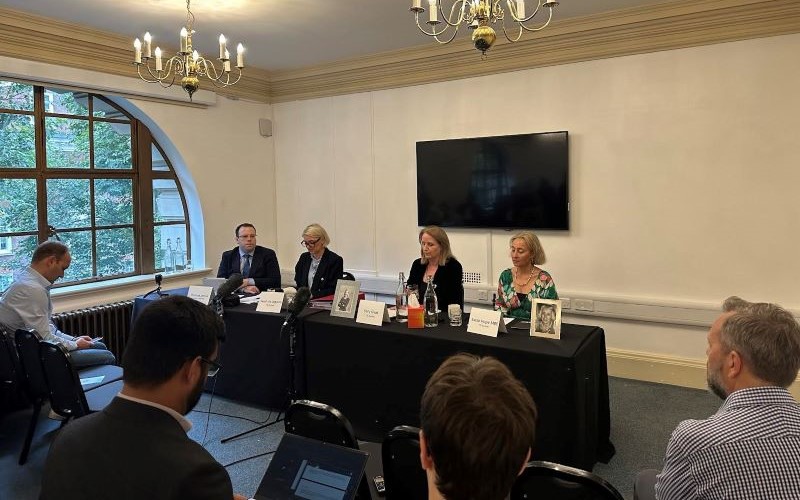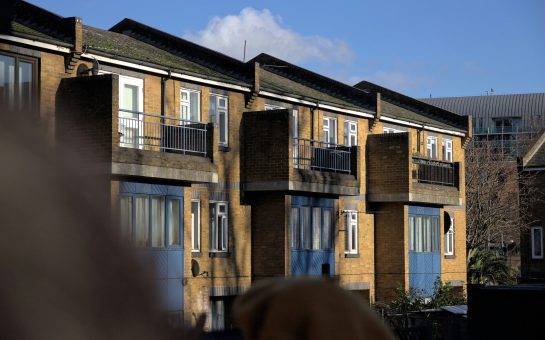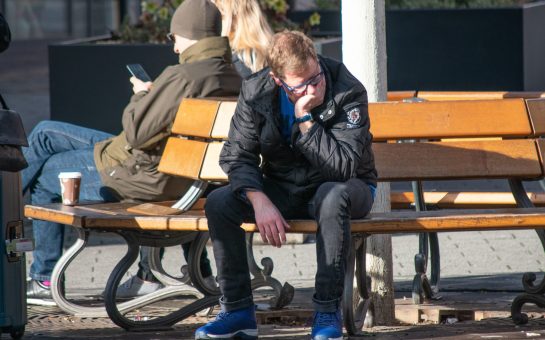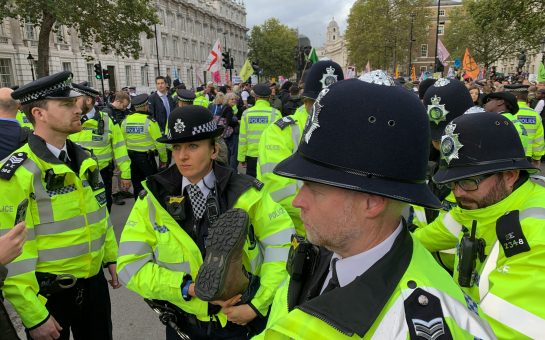Victims of tragedies on Transport for London services have united to challenge the transport network, saying the public body is “rotten to its core.”
This follows new figures revealing that from 10 December 2023 to 31 March 2024, 86 people died or were seriously injured in bus collisions on the TfL network.
The group have called for urgent government intervention to ensure increased transparency in the reporting of data by TfL when individuals are injured or killed on London’s transport network.
Sarah Hope MBE, Sarah de Lagarde and Sally Sivas, three victims of incidents on the TfL network, were accompanied by lawyers at a press conference in Central London last Wednesday to address what is being called the “TfL Safety Scandal.”
Their testimonies were fuelled by emotion as the each recounted their past horror and continued search for transparency and justice.
Sarah Hope was hit by a bus in Mortlake in 2007.
In the same incident, her mother Elizabeth was killed, and her two-year-old daughter Pollyanna lost her right leg below the knee.
She said: “Road crime must be recognised as real crime, otherwise road crash victims and families bereaved by road crime will not get the justice they deserve.”
Hope stressed that trauma suffered by road crash victims and their families is just as traumatic, sudden, and violent, as other forms of serious offences.
Sarah de Lagarde was struck by two tube trains at High Barnet Station in 2022, resulting in the traumatic amputation of her right leg and arm.
She said: “Despite Transport for London’s public assertion that safety is their number one priority, the evidence we present suggests a starkly different reality.
“It appears that TfL, a public service entity, has strayed far from its mission to serve the public, becoming an institution that is rotten to its core.”
Sally Sivas, whose best friend Kathleen Finnegan died after being hit by a double decker bus at Victoria Station in January this year, was appalled by the lack of an independent body to investigate London bus collisions.
She said: “With over 28,000 bus collisions last year, an independent investigation unit must be established.”
Data uncovered by a Freedom of Information request revealed that an average of 21 people per month experience ‘Platform Train Interface’ incidents on the TfL network.
This refers to any falls from the platform or contact between a person and a train.
Lilli Matson, TfL’s Chief Safety, Health and Environment Officer said: “We are committed to learning from every incident and use a rigorous evidence-based approach to this, using data and incident reports to put in place changes through targeted programmes that make the transport network safer for everyone.
“Accurate reporting and transparency are a vital part of our industry-leading approach to safety, and we are committed to making data publicly available, including through our website.”
The victims also feel that they have been blamed for their behaviours in the lead-up to their collisions.
De Lagarde was outraged when she said TfL suggested she was “intoxicated” and “wearing high heels” when she fell onto the tube tracks at High Barnet.
Melissa Burr, 32, was killed by a bus at Victoria Station in August 2021 when the driver accidentially pressed the accelerator pedal rather than the brake.
In their intial reporting TfL incorrectly stated she was not on a pedestrian crossing, which some felt implied she was at fault.
Last month, three years after Burr’s death, the transport network admitted an error in the reporting of her death.
CCTV proved she was on the pedestrian crossing at the station at the time.
Matson apologised to Burr’s family and issued a clarification.
She said: “We know that the inaccurate reporting of what happened to Melissa has caused deep distress to Melissa’s mother and family, and on behalf of myself and TfL we are truly sorry.
“We have also taken steps to ensure this doesn’t happen again going forward.”
Sivas stressed how important it was that the need to change was properly addressed.
She said: “We will not tolerate another bereaved family reading an inaccurate and victim-blaming description of their loved ones’ death in a Transport for London safety report.”
Hope said no one contacted her or her family for seven years after the crash.
In 2014, she spoke with former London Mayor Boris Johnson, and he apologised for what had happened.
She agreed to work with TfL to better help victims and launched the Sarah Hope Line.
The line, set up in 2016, offers practical support and advice to people involved in, or affected by, life-changing incidents on the TfL network.
Hope said it was created to offer a “voice of kindness” between TfL and victims who are seriously injured or bereaved by on the network.
She told the South West Londoner that TfL promised her they would say sorry for any incident on the London network including on TfL roads, regardless of liability.
Hope said: “I wanted to make sure that no one else was treated as badly as me and my family.”
However, she alleged that TfL had not adequately publicised the line, and families have often not received the practical support or help that The Sarah Hope Line offers.
Thomas Jervis, partner at law firm Leigh Day representing De Lagarde and the family of Finnegan, said: “Not only have TfL failed to adequately address this extremely serious issue, but it has also taken several Freedom of Information requests to uncover these troubling statistics.
He said: “[The figures] show a significant rise in the number of deaths and serious injuries on the transport network in London.
“They have been treated very poorly by TfL since the devastating incidents in which they were severely injured or lost a loved one.
“They are now calling on the government to step in to ensure TfL takes urgent action to improve safety and provide much greater transparency in the reporting and presentation of data around serious incidents involving passengers.”
A TfL spokesperson said: “Our thoughts remain with all of those impacted by loss of life and injury on the transport network.
“Every death and serious incident on the transport network is devastating and we have support available for those affected.
“We recognise that serious incidents on the network should never happen, and we are determined to address this by listening to the experiences of those who are affected and taking appropriate action to keep people safe.”





